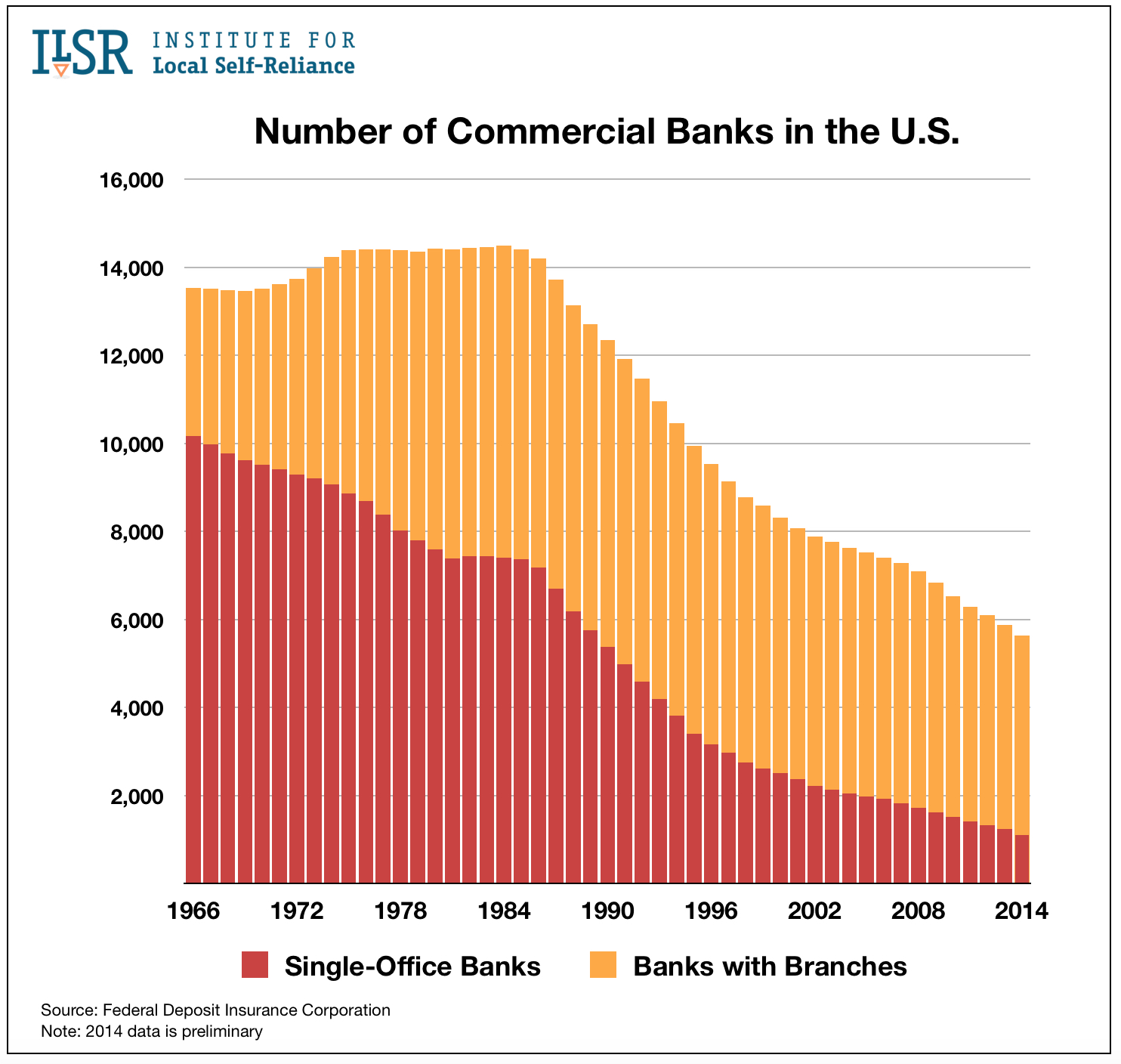I'll take one for the team
+1
This echoes one of my (sadly too few) principles: whether I agree or disagree with something is relevant only to the extent that it's any of my beeswax.
I'm a senior engineer, not a CEO, nor do I hold equity positions significant enough to influence the compensation any executive receives.
Of course, there is a major conflict in that the remuneration of the highest-paid person in the company is determined by a Board of Directors, many of whom owe their seats to that person. Obviously the only solution is to put some senior engineer in charge of determining pay scales throughout the company. I, reluctantly, volunteer for the job.
...As a non-stockholder, I don't care how much the CEO makes, nor should I have a say.
No one forces me to own stock in a company whose policies I don't agree with...
+1
This echoes one of my (sadly too few) principles: whether I agree or disagree with something is relevant only to the extent that it's any of my beeswax.
I'm a senior engineer, not a CEO, nor do I hold equity positions significant enough to influence the compensation any executive receives.
Of course, there is a major conflict in that the remuneration of the highest-paid person in the company is determined by a Board of Directors, many of whom owe their seats to that person. Obviously the only solution is to put some senior engineer in charge of determining pay scales throughout the company. I, reluctantly, volunteer for the job.

